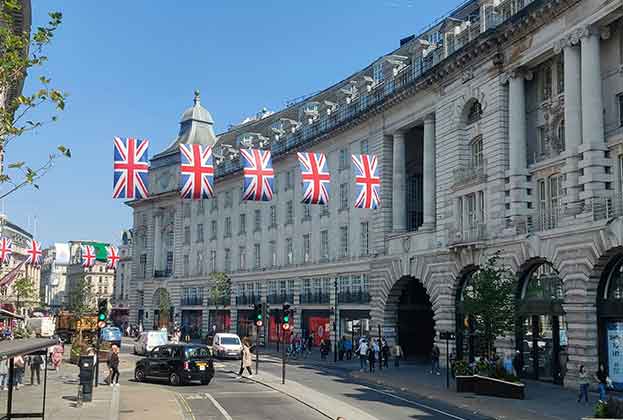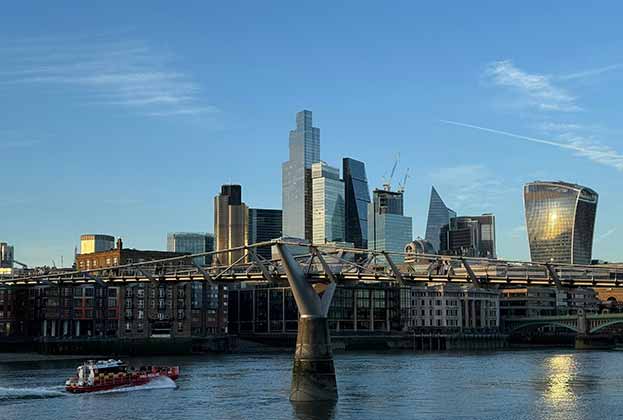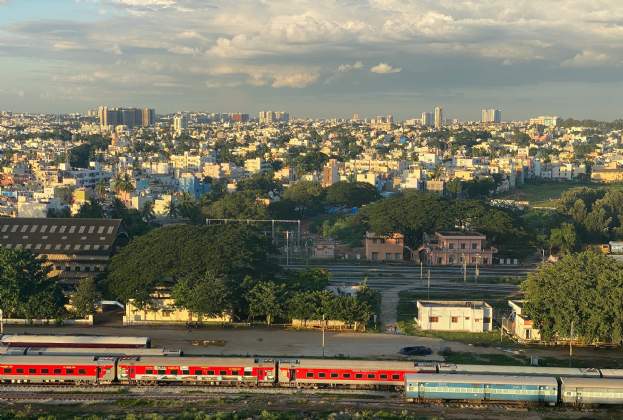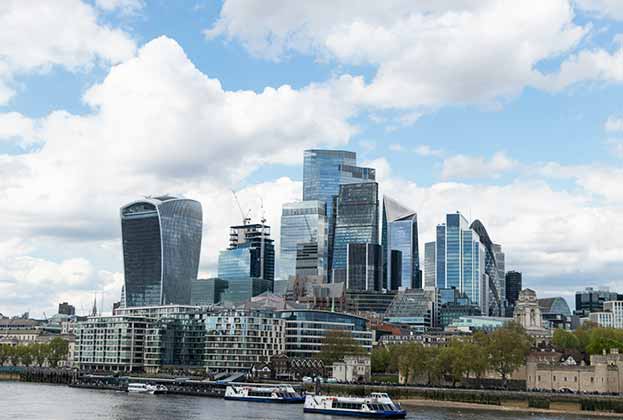Source: Savills data from July 2016 to end of may 2017
Against a backdrop of global political uncertainty, London’s real estate is recognised as a safe haven for capital, as international players hunt for trophy assets. This is reflected in the volume of £100m+ deals done in 2017. To the end of May, London’s West End market had seen £2.1 billion invested across eight £100m+ deals in 2017, the highest volume on record for the five-month period between January and May. Similarly in the City £3.05 billion has been transacted in the first five months of the year across 10 £100m+ deals. The average deal size across the West End’s commercial real estate market in the first quarter of 2017 reached £85.6 million, the highest quarterly average ever recorded, and £76.43 million in the City.
Also of note is the shift, since 2016, towards longer let properties with income security of at least five years. In 2017 38 per cent of all transactions in London’s City market involved buildings with a weighted average unexpired lease term (WAULT) of 10+ years, while only 9 per cent involved vacant buildings. This compares to 2014 where only 13 per cent of deals carried out in the City were for buildings with a WAULT of 10+ years and 21 per cent of all activity involved buildings with vacancy. The shift reflects a widespread appetite for long-term security.
In the last year geopolitical issues have become an ever greater driver of trading behaviour in real estate. The industry is learning to live with a higher degree of risk stemming from political uncertainty and real estate has taken on a new role in investment portfolios becoming increasingly popular as an income-producing asset.
London, with its time zone, currency, landlord-friendly leasing structures, English language, market transparency and the discount the fall in currency allows is likely to continue to draw international appetite.
Further information
Read more: City Investment Watch and West End Investment Watch
.jpg)
.jpg)




.jpg)

.jpg)


